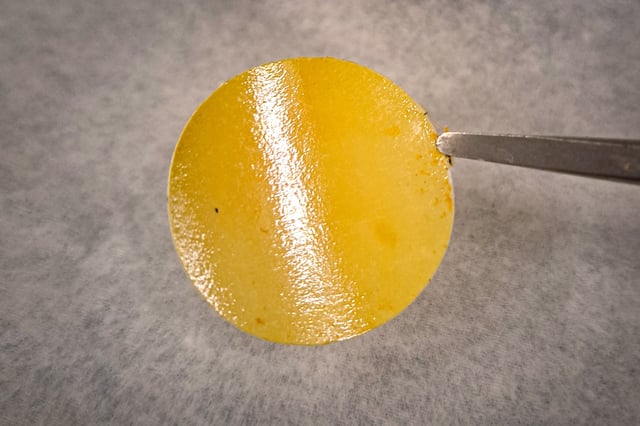Overview
- MIT researchers have designed a membrane that separates crude oil components by molecular size, eliminating the need for energy-intensive heat-based fractionation.
- The membrane, created using interfacial polymerization and incorporating imine bonds and triptycene, resists swelling and ensures high selectivity for hydrocarbon separation.
- Laboratory tests demonstrated 20× enrichment of toluene and efficient separation of naphtha, kerosene, and diesel by molecular size, showcasing its performance.
- Existing manufacturing techniques for water desalination membranes can be adapted to mass-produce this new polyimine membrane, enabling industrial scalability.
- The development, funded in part by ExxonMobil, has the potential to significantly reduce global energy consumption and CO₂ emissions from oil refining.
